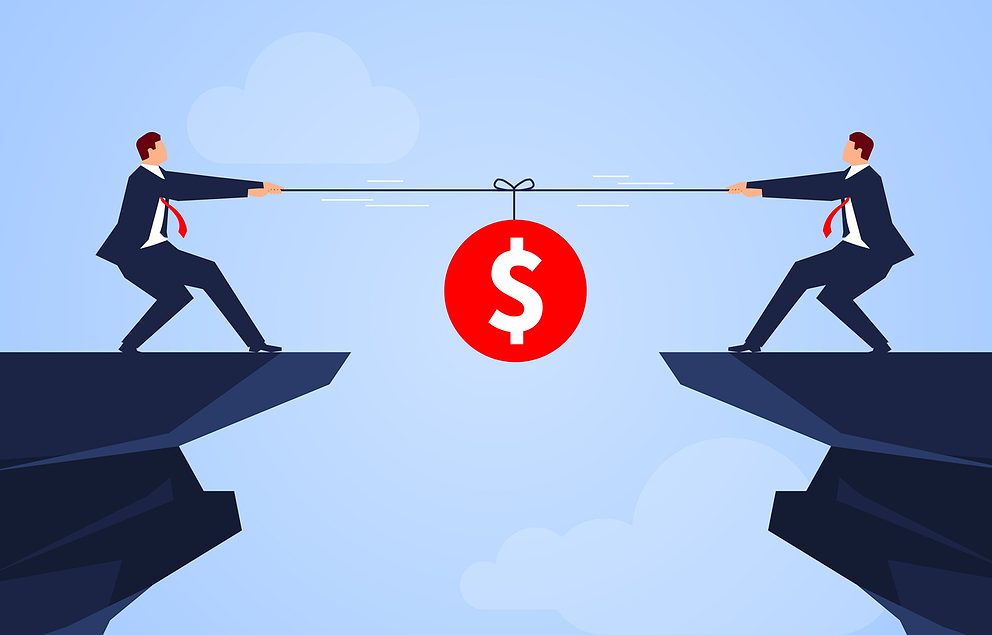
Companies purchasing components that go into larger systems must carefully assess the scope of their rights, particularly when those components are protected by patents. A common but legally flawed assumption is that the lawful purchase of a component necessarily conveys full rights to use, resell or modify it. In practice, patent rights may survive beyond the sale unless they are deemed exhausted.
The patent exhaustion doctrine, also known as the first sale doctrine, provides that when a patented item is sold with the authorization of the patent holder, the patent holder’s rights in that item are exhausted. As a result, the purchaser is free to use, resell or repair the item without further permission or risk of infringement.
It’s critical to understand that a patent confers the right to exclude others from making, using or selling the patented invention — it does not confer an affirmative right to use or practice the invention. Thus, while a sale may occur, certain uses may still infringe the patent unless exhaustion applies.
The sale of a component raises complex issues under the exhaustion doctrine. Courts generally apply a two-part test to determine whether exhaustion applies to a sold component:
- Whether the component has no reasonable non-infringing use, and
- Whether the component embodies the essential features of the patented invention.
The first prong is often satisfied in cases where the only practical use of the component is to integrate it into a patented system. The second prong is more nuanced. If the patented invention covers an entire system or method, and the sold component constitutes only a portion of that system, exhaustion may not apply.
Key Precedents
Several Supreme Court decisions have shaped the modern contours of the exhaustion doctrine:
Quanta Computer, Inc. v. LG Electronics, Inc., 553 U.S. 617 (2008). The Court held that LG’s patents were exhausted upon Intel’s authorized sale of components, even though LG attempted to limit downstream use through licensing terms. The Court emphasized that method claims are subject to exhaustion if the sold product substantially embodies the patented method.
Impression Products, Inc. v. Lexmark International, Inc., 581 U.S. 152 (2017). Lexmark sold toner cartridges subject to post-sale restrictions and challenged the resale and reuse of those cartridges. The Court rejected Lexmark’s arguments, holding that exhaustion applies regardless of post-sale restrictions. Furthermore, authorized foreign sales were held to exhaust U.S. patent rights.
These cases collectively reinforce the principle that patent rights terminate upon authorized sale, and that attempts to control post-sale use through patent law will generally fail.
Example: Adhesive Resin
A materials company holds two patents: one covering a thermosetting adhesive resin and another covering a composite panel system that incorporates the resin. The adhesive includes patented curing agents and polymer structures, and the composite panel patent claims the specific combination of layers, substrates and processing steps, including the curing resin.
The company sells the adhesive resin to a manufacturer without usage restrictions. The manufacturer then uses it to build panels according to the patented system. Even though the adhesive was sold with authorization, exhaustion applies only to the adhesive patent, not necessarily to the system-level panel patent. If the panel practices the composite system patent and the patent owner did not explicitly authorize that downstream use, the manufacturer could still be exposed to infringement risk.
This example underscores that an authorized sale of a patented chemical component does not automatically exhaust rights in a broader patented system, even when the patents are held by the same entity.
Implications for Businesses
Entities that integrate third-party components into larger systems should not assume that authorized purchase eliminates all patent risk. When patent exhaustion does not apply, use of a component may still infringe.
To mitigate this risk, consider the following:
- Confirm whether the component was sold or licensed by the patent holder or an authorized licensee.
- Assess whether the component constitutes the core of the patented invention or merely a subcomponent.
- Determine whether the component has any practical non-infringing uses.
- Where appropriate, negotiate an unconditional covenant not to sue, which courts often treat as an authorized sale for exhaustion purposes.
- Maintain documentation of sales and license chains to defend against potential infringement allegations.
Common Questions to Ask
Does patent exhaustion apply if the component was gifted rather than sold? Yes. Courts have held that exhaustion is not contingent on the purchaser providing consideration. If the transfer was authorized, the patent rights are exhausted. See LifeScan Scotland, Ltd. v. Shasta Techs., LLC, 734 F.3d 1361 (Fed. Cir. 2013).
What if the sale was expressly conditional? While parties may impose contractual restrictions, those restrictions are enforceable only under contract law, not patent law. Patent infringement claims based on post-sale conditions are barred under the exhaustion doctrine.
May a purchaser repair or refurbish a patented product? Yes, so long as the product was sold with authorization. The purchaser may resell, repair, or modify the product without infringing the patent.
Do downstream purchasers have the same rights? Yes. Once a patented item is sold with authorization, all subsequent purchasers benefit from the same exhaustion of rights.
Patent exhaustion remains a critical but often misunderstood doctrine in patent law. Companies that purchase components must evaluate whether the patent rights associated with those components have been exhausted and whether their intended use may still give rise to infringement liability. Early legal review and clear documentation can significantly reduce exposure.
Tina Dorr is a partner at the law firm of Barnes & Thornburg. Hanna Tawasha is a summer associate at the firm.